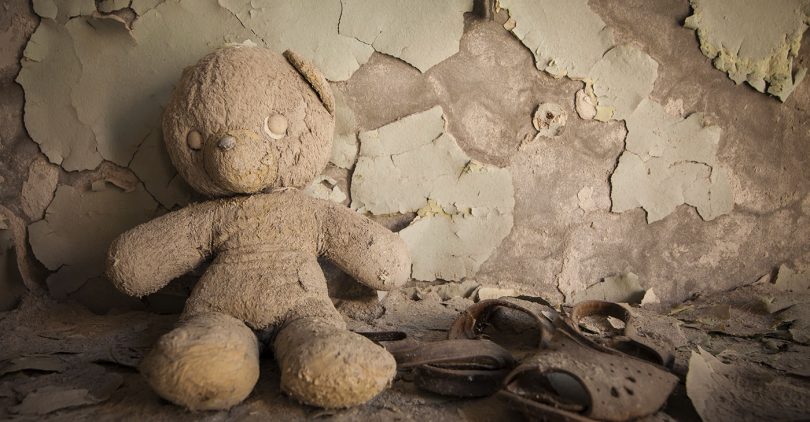By Stacy M. Brown
NNPA Senior National
Correspondent
Within days of each other, separate investigations by the United States Marshals Service in Ohio and Georgia led to the rescue of 39 missing and endangered children.
In August, these operations were viewed as two small victories in the widespread problem of missing children.
Natalie Wilson, the co-founder of the Landover Hills, Maryland nonprofit, Black and Missing Foundation, Inc., said child sexual abuse online continues to occur in America at an unfathomable rate.

(Photo: iStockphoto / NNPA)
Wilson has worked for more than 12 years through her organization to shine a spotlight on missing individuals of color.
She cited FBI statistics that revealed startling facts about missing people of color – particularly African Americans.
NDG 10/15: The Battle Begins: Early voting is heavy in first days of the 2020 election
“Approximately 230,302 minorities were reported missing in the United States out of 612,846 for all races,” Wilson declared, citing FBI statistics that included all of 2018.
“It’s important to note that the FBI groups Hispanics in with whites, so the percentage of those reported missing in 2018 are 59 percent white and about 40 percent people of color. Think about that. African Americans make up about 13 percent of the U.S. population, and four and ten are reported missing. The keyword is reported. There are many more.”
NDG 10/8: Republican-connected tech firm targeted Black voters on Facebook for ‘deterrence’
Wilson revealed her fears lie that the number of missing has likely increased during the coronavirus pandemic.
Technology continues to evolve, and young people spend an increased amount of time online, so extreme precaution must take place, Wilson acknowledged.
NDG 9/24: Trump: A man with no political platform
“The children are online, and they may meet someone who gains their trust,” Wilson stated. “Then, that person eventually will try and lure them somewhere because they’ve now gained that trust.”
According to a recent study conducted by NortonLifeLock, a global leader in consumer Cyber Safety, nearly 7 out of 10 parents (about 70 percent) said their child’s screen time has heightened during the pandemic.
In contrast, most parents (60 percent) are concerned they don’t have enough time to keep track of what their child is doing online.
“Child internet safety is important now more than ever, and we must educate ourselves and our children about the cycle of online child sexual abuse to prevent more victims,” Wilson stated.
She echoed an earlier Black and Missing Foundation, Inc. memo, which noted practical steps parents could take as many children now learn virtually.
“Set up parental control tools on all internet-enabled devices including age appropriate filters to block harmful websites, videos, and images,” Wilson said.
“Regularly check the online communities your children use, such as social networking and gaming sites, to see what information they are posting, and spend time online with your children and build an atmosphere of trust by establishing an ongoing dialogue and open lines of communication.”
Further, Wilson warned that “there are no takebacks online.”
She encourages parents to teach children to think before they post and avoid sharing personal information and communicating with strangers. “Supervise the photos and videos your kids’ post and send online, instruct your children to avoid meeting face-to-face with someone they only know online or through their mobile device because you cannot recognize a disguised predator,” Wilson demanded.
She offered that parents should discourage the use of webcams and mobile video devices for younger kids and guide teens and tweens in ways to use video safely.
Further, parents should consider disallowing access to chat rooms and only allow live audio chat with extreme caution and set up the family’s cyber-security protections.
“Periodically check your child’s online activity by viewing your browser’s history,” Wilson demanded. “Parents, teachers, law enforcement and tech companies, play a vital role in mitigating online harm to children, finding our missing, and advocating for a digital world where kids are free from online sexual exploitation.”
For more information about the Black and Missing Foundation, visit www.BAMFI.org.




